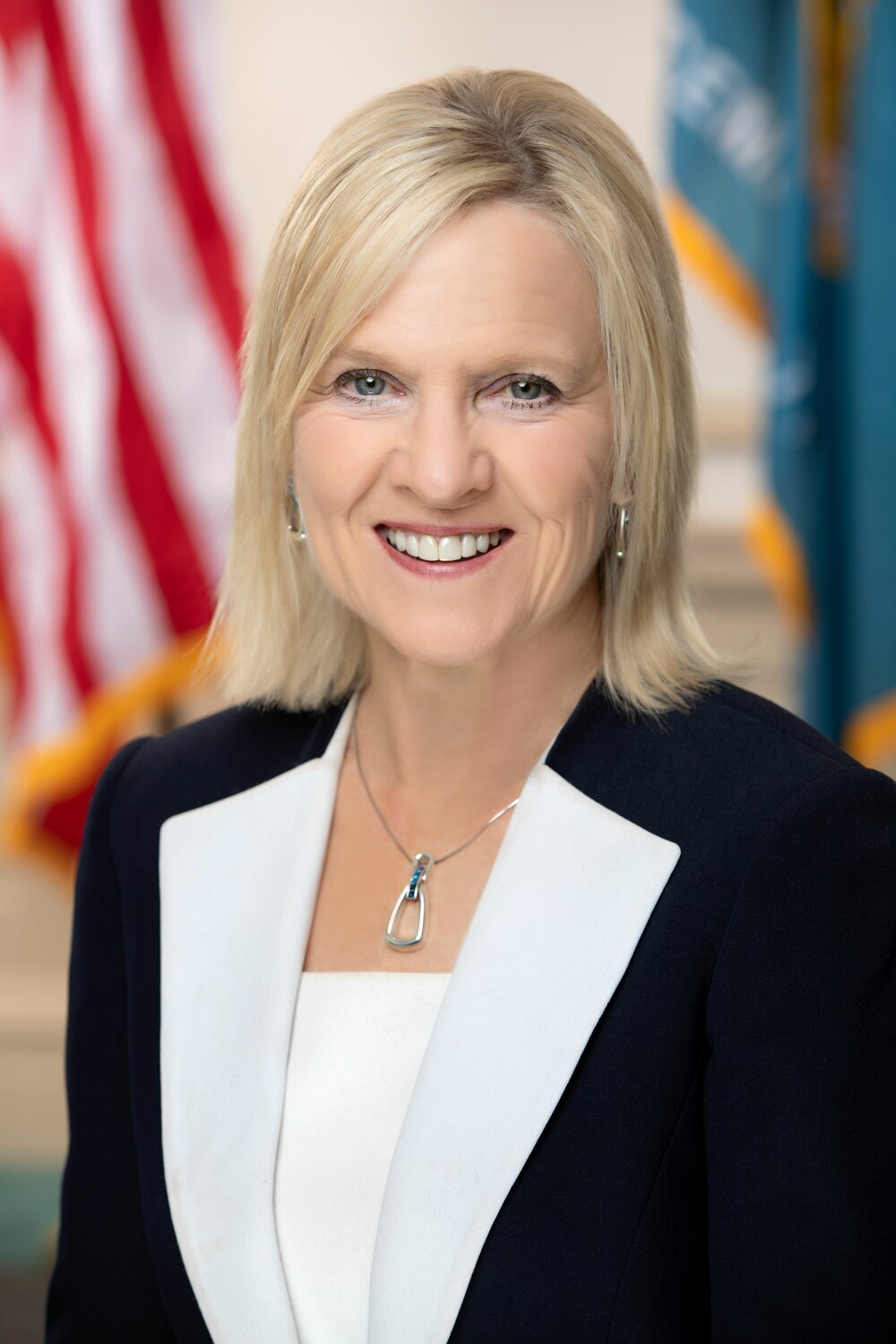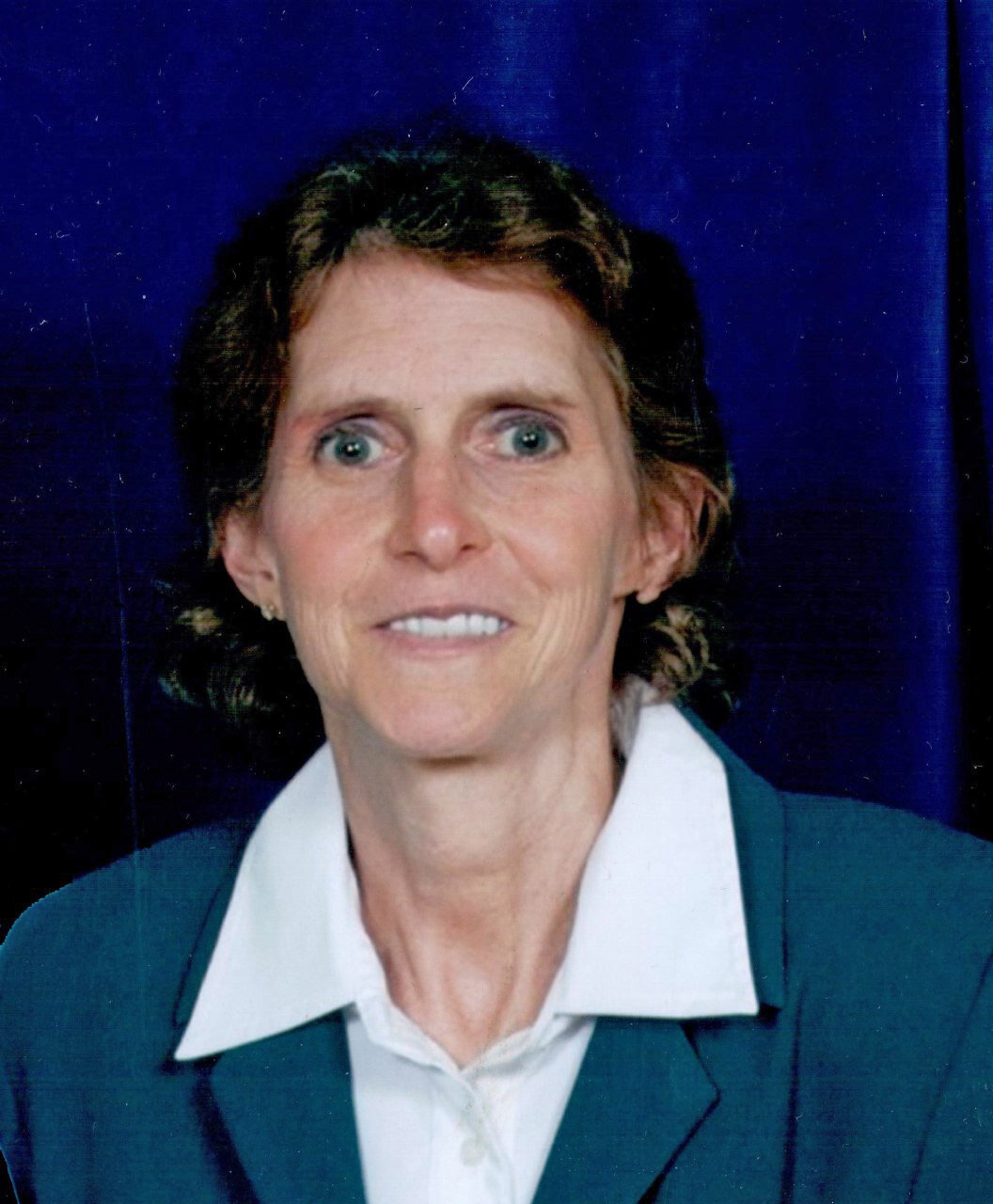Hall-Long and Gibney: Holidays remind of link between drug abuse, mental illness
Dr. Bethany Hall-Long is Delaware’s 26th Lieutenant Governor and Chair of Delaware’s Behavioral Health Consortium. Dr. Sandy Gibney is founder and Medical Director of Gibney Mobile Healthcare and serves as co-chair of the Access and Treatment Committee under the Behavioral Health Consortium.
We’re in the season of turkey drives, holiday decorations and out-of-office replies. As much as the season fosters a feeling of goodwill, it’s not a happy time for all. For far too many families, there is an empty seat at the kitchen table and a dark bedroom no one ventures in anymore. Some may be suffering alone due to stigma, and we want everyone to know that it’s OK to not be OK and to seek out resources for yourself or loved ones.
Substance use disorder is an incredibly painful disease, viscerally impacting the individual in active addiction and creating collateral consequences for loved ones. That’s why we are urging awareness and action as we fear and historically expect spikes of overdoses around the holidays.
Unfortunately, mental health and substance use are often closely linked. The National Institutes of Health estimates that of the 20 million adults with a substance use disorder in the United States, nearly 40% were also battling a mental illness. It’s on all of us to pay attention to the signs and systems of mental health and substance use challenges for ourselves and for those around us.
We’ve been witness to this pain personally through outreach efforts across the state. These have been years-long endeavors with the folks most impacted by the disease. And as we health professionals know, brain diseases have the capacity to evolve, and our approach and treatment must evolve with them.
Through Dec. 19, Delaware has reported 457 suspected overdose deaths this year. In 2022, the state recorded at least 537 Delaware residents dying from drug overdoses.
Xylazine, a non-opioid tranquilizer used as a sedative in large animals and more commonly known as “Tranq,” has been a growing threat in Delaware. It causes infected wounds and severe respiratory depressions, regardless of how it’s ingested, and there is not yet an overdose-reversal medication for it. Naloxone (or Narcan), which reverses the deadly respiratory effects of opioids, is a lifesaving medication available to all Delawareans.
According to the CDC, 21 jurisdictions, including Delaware, saw a 276% increase in the monthly percentage of illicitly manufactured fentanyl deaths with xylazine from January 2019 to June 2022.
From our firsthand experience on the streets tackling substance use, we coordinated with SIVAD, a Delaware-headquartered company, to create and distribute the nation’s first combination fentanyl and xylazine test strip. This is a game-changer for harm reduction efforts, so folks can be informed about their risk. So far, the pilot program has distributed 800 tests.
These are some of the solutions we’ve been laser-focused on in the last six years with the Behavioral Health Consortium, which is housed in the Lieutenant Governor’s office. The consortium is comprised of community advocates, law enforcement, healthcare professionals, and state officials working together to help Delawareans battling mental health, substance use, and co-occurring disorders.
The goal has been to break down the silos and develop actionable solutions to get Delawareans the prevention, treatment, and recovery services they so desperately need. Through the consortium’s work, we’ve made real change for those who need it most.
Along with member of the General Assembly, we created the nation’s first overdose system of care to improve care delivery and odds of survival for patients who have overdosed. We’ve made it easier for incarcerated Delawareans to receive mental health care upon reintegration. We are expanding prevention resources and improving social and emotional health in Delaware schools.
And along with Attorney General Kathy Jennings, we’ve created the Prescription Opioid Settlement Distribution Commission to distribute more than $250 million to expand addiction treatment services in Delaware.
We’re encouraged by this work but there’s a lot more to do. As we look to the new year, we urge you to act and get involved. Please use our state resources at the Division of Substance Abuse and Mental Health:
- Learn the Delaware helplines: 988 for mental health crisis support; Delaware 211 for connection to resources and state services; and Helpisherede.com and Delaware Hope Line 833-9-HOPEDE for behavioral health resources and treatment services.
- Check on your friends and loved ones. It’s OK to not be OK.
- Naloxone is available free via mail to every Delawarean. Visit nextdistro.org/delaware to order.
- Contact the Behavioral Health Consortium and lend your voice to this fight – go to de.gov/bhc to learn more.
Every day, we hear from Delawareans looking for help and looking for answers. So many suffer in silence, scared of the stigma and scared to seek the treatment they need. Together, we can make a difference. We hope you’ll join us in this work.
Reader reactions, pro or con, are welcomed at civiltalk@iniusa.org










